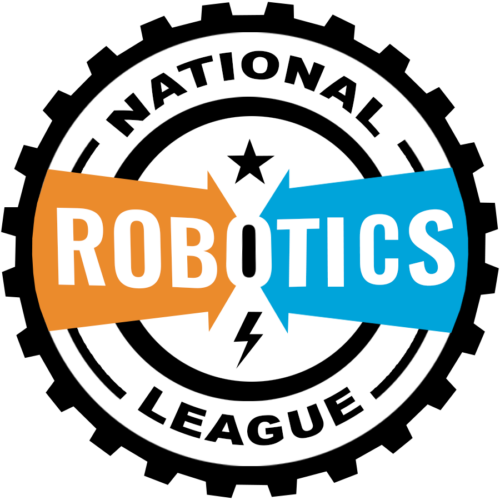WHY DOES IT MATTER?
Having trouble finding qualified workers to fill open positions? There is a skills and interest gap in manufacturing compounded by a rapidly aging workforce. NTMA is getting ahead of the curve.
- 77% of the manufacturing workforce will be at retirement age by the year 2030.
- 2.4 million positions in manufacturing will be open within the next 10 years.
- 90% of parents recognize that a strong manufacturing base is critical to the US economy, but only 30% of parents would support their children in pursuing a career in manufacturing.
Skilled trades can provide career opportunities that will allow individuals unlimited earning potential, quality of life and job satisfaction. Many times, this also includes employer-paid training. That’s our message, and we need to be heard, loud and clear.
HOW NTMA IS BRIDGING THE GAP
NTMA encourages our members to build relationships with local high schools. By engaging with students early, companies can influence the curriculum to ensure it aligns with industry needs. This strategy prepares students with the specific skills and knowledge required for real-world careers. Summer camps, internships, apprenticeships, and job shadowing give students a peek into real manufacturing jobs. This hands-on approach helps them make informed career choices, increases their employability, and often leads to full-time employment upon graduation. Everyone wins.

- We are partnering with K-12 schools throughout the country to offer a free education membership to allow students and teachers access to our NTMA-U curriculum and other resources. Contact Jenny Stupica, Workforce Development Manager at jstupica@ntma.org for more information.
- We support the development and continuation of robotics programs across the country. Through this hands-on effort along with industry partnerships, students gain practical knowledge of Science, Technology, Engineering, and Math (STEM) – all essential skills for manufacturing. The National Robotics League (“NRL”), a combat robotics program started by NTMA that links students, teachers and member companies of NTMA, attract smart, capable students who love to build things and solve problems. These are exactly the type of people who we will be the next generation of manufacturing leaders. For information on how to start an NRL team or an NRL program, please fill out the below form and NTMA will get back to you with further instructions.